Prunes: Truly an Underrated Fruit!
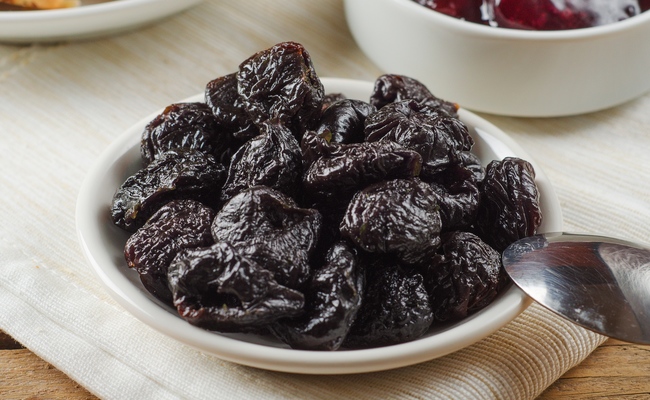
If I were a prune, I’d hire a different marketer. These babies aren’t just laxatives, you know. Sure, they’re a super constipation aid, even better than psyllium husks (another common remedy). But really, their marketing ought to expand beyond this constipation-helper reputation. They are SO much more than that. And it’s time to tell the whole story.
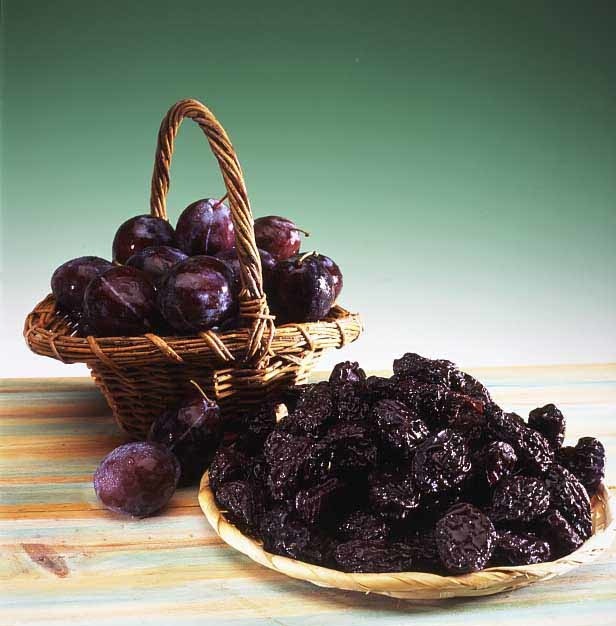
Prunes are actually dried plums and they make a delicious, chewy treat. But they’re also very nutritious and contain wonderful health benefits. For starters, this is a food that’s a superstar in preventing bone loss. And in some studies, prunes even reversed bone loss!
Nutrition-wise, they’re a good source of dietary fiber, potassium and vitamin K. And because of their high potassium vitamin K levels, they’ve also been found to lower blood pressure.
This underrated (or mis-judged) fruit even nourishes the liver. Research shows prunes are an exceptional remedy for the liver infection, hepatitis. Prune juice and prunes improve liver function and are effective in preventing liver disease.
Ongoing research in the United Kingdom is showing that prunes help with weight loss, as well. Scientists at the University of Liverpool had 100 overweight and obese people divided into 2 groups; one group ate prunes every day and the other group did not over a 12-week period. Those who ate prunes lost 4.4 pounds and 3/4 inch off their waists.
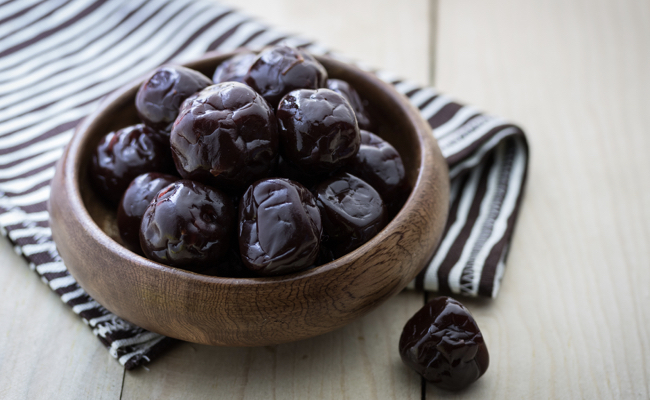
With all this said, are you inclined now to add them to your grocery list? If so, then it’s good to know how to select them. You can buy them either pitted or with their pits.
It is best to get prunes that aren’t processed with sulfites or potassium sorbate (preservatives). A good bet are those in bulk. You can get up close and personal with them to be sure they are the best quality, meaning they’re shiny, plump, a little soft and free of mold. But if your store doesn’t have bulk bins, then purchase prunes that are in transparent containers so you can somewhat see what you’re getting.
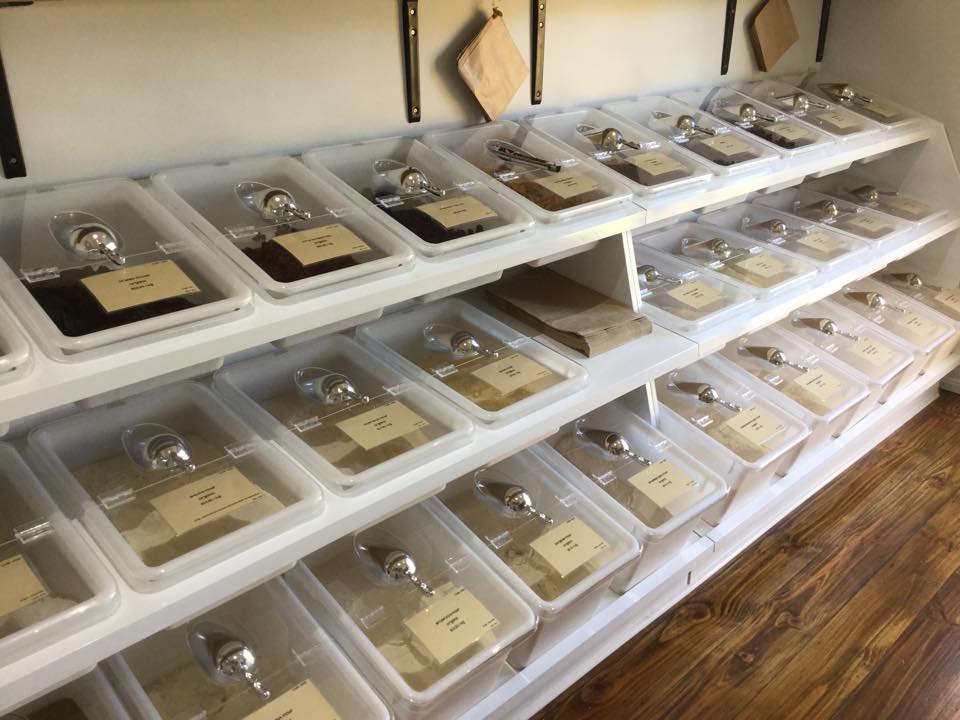
When storing, keep them in a cool, dark, dry place in an airtight container and they will last for several months. Keeping them in the fridge will make them last as long as six months.
Prunes tend to get a bit dry and hard if kept for long periods of time. But all you need to do is soak them in water for an hour and they’ll plump right up. Stewing prunes is a favorite way to serve them; just soak them in water first which will reduce the cooking time.
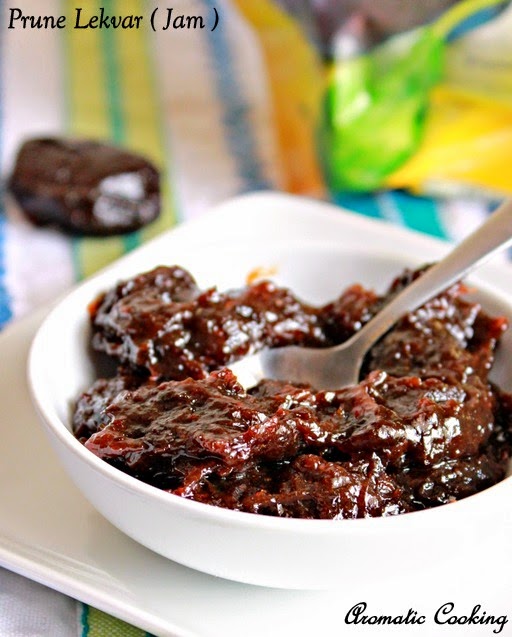
And finally, prunes make delicious healthy jam. Because they’re so sweet, little to no sugar is needed. I’ll close with a recipe found on a favorite site, www.care2.com. Food researcher/writer and jam aficionado, Diana Herrington, paired her prunes with apples and cinnamon. You can easily double or triple this recipe.
We really like this and will do our part to change the prune’s reputation. This is truly an underrated fruit!
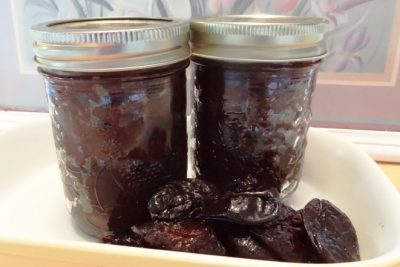
BEST PRUNE JAM
1 cup peeled, cored, and chopped apples
1 cup water or apple juice (or cider)
2 cups chopped pitted prunes
1 teaspoon ground cinnamon
½ teaspoon vanilla extract
Put apples and water into a saucepan, bring to a boil, then reduce heat and simmer, covered 10 minutes.
Mash the apples
Now add the prunes, simmer until prunes are tender and the mixture is a jam consistency, for about 15 minutes.
Pour jam into jars, cool and cover with lids.
Refrigerate up to 3 weeks.
- www.care2.com
- www.foodnavigator-usa.com
- www.gippslandunwrapped.com
- www.realfoodforlife.com
- www.aromatic-cooking.blogspot.com
 Alice Osborne
Alice Osborne
Weekly Newsletter Contributor since 2006
Email the author! alice@dvo.com
